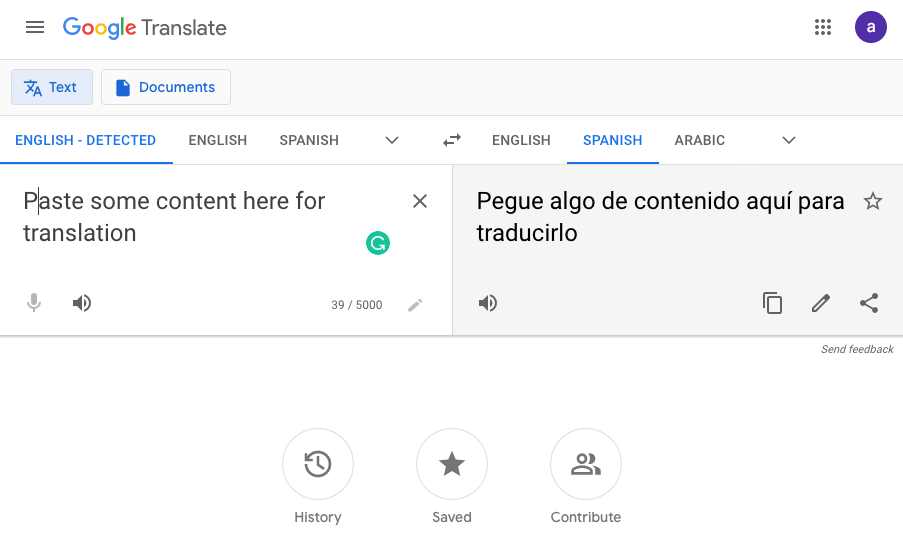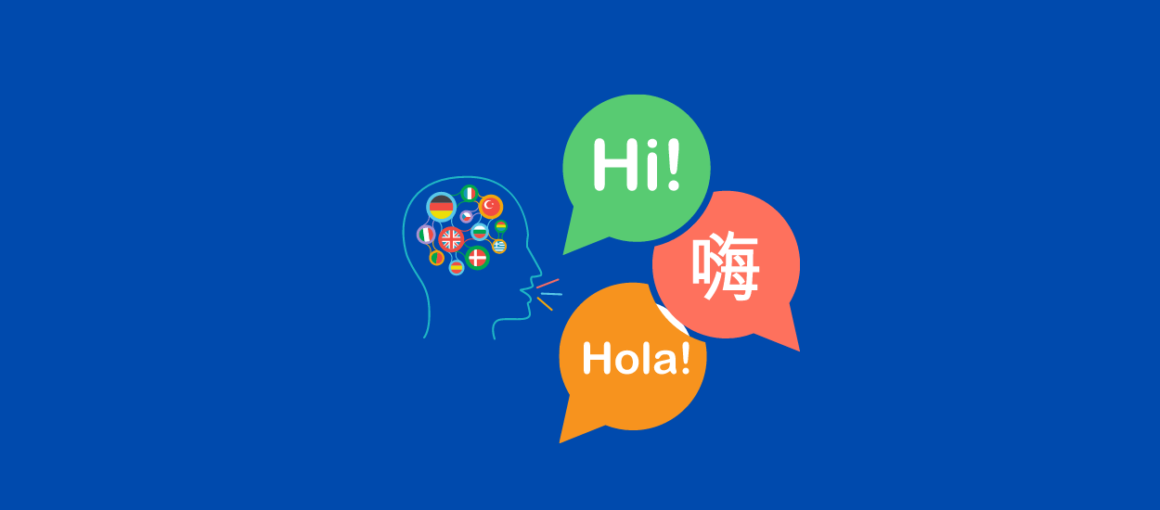It’s hard to ignore the march of progress with technology. New technologies are constantly being released, refined, and upgraded. The future is looking brighter than ever.
However, this leaves a big question looming overhead for a lot of people – if technology is improving so rapidly, are the older ways of doing things still valid?
This is especially a big question in a lot of fields where there are free computer-aided options, such as translation. Everyone can easily access free translation using computer programs.
We have probably all loaded up Google Translate to quickly translate a word or two from a foreign-language food packet, or to translate a phrase from a TV show that we don’t understand.
However, while the technology is easy and cheap to access, there is still a huge difference between a computer-aided translation and professional online translation services.
We will go over the differences to make sure that you know which approach is right for whatever translations you need.
What Are Online Translation Services?
Simply put, an online translation service is a company or individual that handles translation of whatever documents, audio files, transcripts, forms, certificates, or, well, anything you need.
Translation experts, also called linguists, are experts in this field. They train for a number of years to be able to best handle the translation of documents.
Obviously, they will be fluent in at least two languages – your document’s original language, and the target language you need it translated into. Many linguists will also translate into their native language, giving them the most confidence with the translation.
What Are Automated Translation Programs?
We’ve already mentioned Google Translate, which is a good example of an automated translation program, and probably one with which most people are familiar. Of course, this is only scratching the surface of the options for automated translation programs.
Google Translate is free and easy to access, but if you are willing to spend money on a dedicated program you will find a range of further options, some of which will be more sophisticated.
All automated translation programs work in roughly the same way though. As with any computer program, they use a range of sophisticated algorithms to work out how to translate your document.

Is a Language Algorithm Good?
If you’re not familiar with an algorithm, it simply means a set of rules which the computer program follows. Algorithms can be very simple and easy to understand, but most complex computer programs have algorithms that are very detailed and can be hard for people to understand.
Of course, all these algorithms were written by people, and they do have limitations.
Computer programs cannot ‘think’. They cannot work outside their algorithms. They will only do what they are told to do. This can be very useful – if you need a basic task done 10,000 times, a computer will be able to do it much faster and without making mistakes.
However, if you have an unusual piece of work for it to do, it could completely fail to understand. For example, if there is an error in the original text, a human may be able to notice and correct it, while a machine is much less likely to unless it has been programmed to.
A computer program would also struggle to understand the formatting of certain forms and paperwork, which may cause problems if you simply try to get a computer to translate something important.

Where Do Online Translation Services Perform Better?
Other than the cases listed above, there are definite benefits to using a professional human translator for your translation needs. As mentioned, humans will understand and spot errors and will understand formatting better in many cases. This is not the only example though.
One of the most common benefits of humans over machines in translation is when you want natural-sounding text. computers do not ‘think’ and they do not understand anything they ‘read’.
A translation algorithm will translate single words or short phrases, whereas a human will take the text as a whole and make sure that the translation has the same flow and meaning as the original.
It can be very easy to spot this difference when given two texts – often a computer translation will be clunky and will sound unnatural, but a human translation will flow well and will make perfect sense to a native speaker.
This can be very important to make your translated texts seem professional and approachable for your clients or coworkers.
Final Thoughts
Technology has come a long way, but as we have explored here, the human touch still has advantages over a fully automated translation service. Ultimately, you need to decide which is right for your needs, but the decision is still weighted in favor of proper online translation services.





